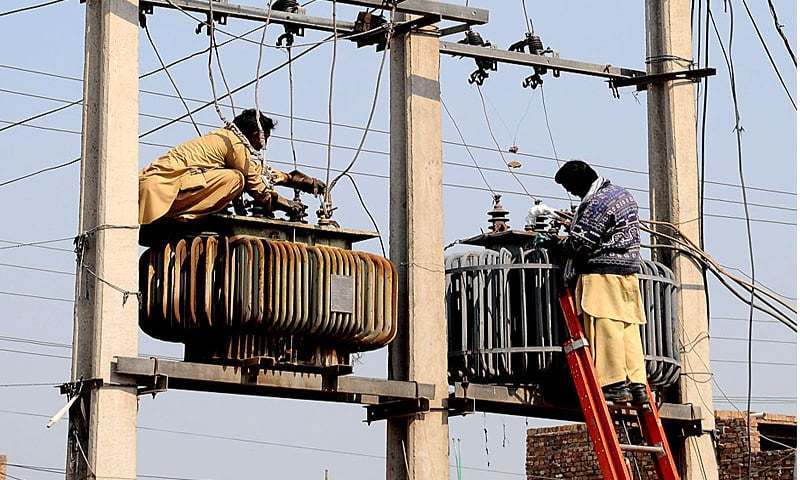By Staff Reporter
KARACHI: The National Electric Power Regulatory Authority (NEPRA) on Wednesday allowed distribution companies to levy a Rs2.83 per unit additional charge on consumers’ bills for May as part of fuel cost adjustment (FCA) charges.
The FCA, which pertains to March, will be applicable to all consumer categories except Electric Vehicle Charging Stations (EVCS) and lifeline consumers.
“The said adjustment shall be shown separately in consumers’ bills on the basis of units billed to the consumer in the month of March 2024,” a government notification said.
The government had sought clearance from NEPRA to extract about Rs23 billion additional in FCA from consumers for electricity consumed in March, despite 79 percent of power generation coming from cheaper local fuels.
The Central Power Purchasing Agency (CPPA) had demanded Rs2.94 per unit additional fuel cost to recover from consumers through May bills.
The proposed additional FCA was almost 46 percent higher than the pre-fixed fuel cost of Rs6.44 per unit already charged to consumers in March.
NEPRA’s approval of the FCA may add to consumers’ burden, who are already paying high electricity bills despite lower consumption patterns.
NEPRA had accepted the request for a public hearing on April 26, where it criticized power companies for inefficiencies and the use of expensive power plants despite the availability of cheaper sources. However, it hinted at allowing them to charge another Rs22.8 billion to consumers in the billing month of May.
Pakistan has been grappling with a high inflationary spiral since April 2022, with the highest-ever inflation rate recorded at 38 percent in May 2023. The government attributes soaring inflation to painful decisions taken to meet conditions for an International Monetary Fund (IMF) bailout program, including hiking energy tariffs and fuel prices.
Gas and electricity rates were hiked by 318.7 percent and 73 percent respectively in a year, according to official data.
The price hikes come as Pakistan is set to begin discussions with the IMF this month over a new multi-billion-dollar loan agreement after completing its nine-month, $3 billion loan arrangement with the lender.
Under the last IMF bailout, Pakistan was told to prevent further accumulation of circular debt in its power sector, arising from subsidies and unpaid bills. For a new program, the South Asian nation will need to implement reforms to reduce costs by improving electricity transmission and distribution, moving captive power into the grid, improving governance, and combating theft.
Pakistan will also have to maintain power and gas tariffs at levels that ensure cost recovery, with adjustments made to safeguard the financially vulnerable, through existing progressive tariff structures.
Copyright © 2021 Independent Pakistan | All rights reserved




